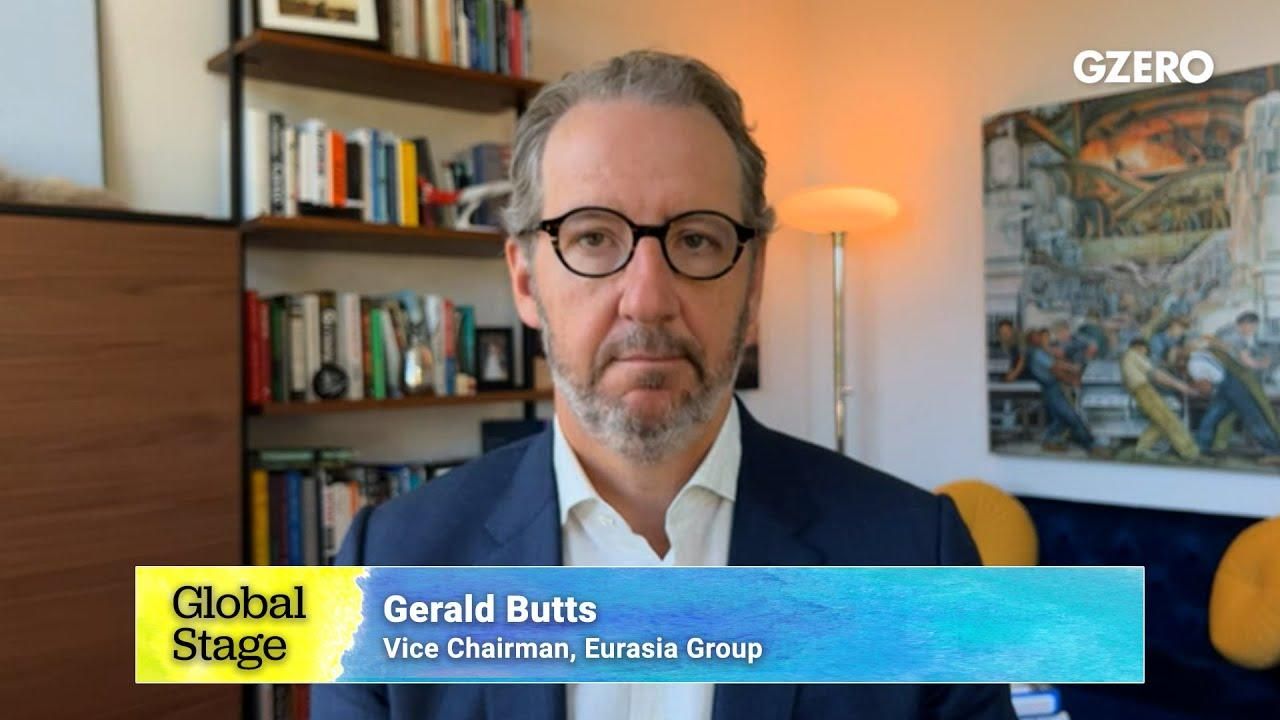Crisis Recovery
COVID's impact on education and its long-term geopolitical consequences: Gerald Butts

COVID Impact on Education & Geopolitical Consequences | Gerald Butts | Global Stage | GZERO Media

It's not just kids spending too much time on their screens because they got so used to doing everything remotely during the pandemic.
The impact of COVID-related educational disruption - and the growing inequality gap - could have big geopolitical fallout in the future. Why?
Because with diminished education comes fewer economic opportunities. That will likely exacerbate already deep divisions, says Eurasia Group Vice Chairman Gerald Butts.
As a result, he adds, watch out for more future disrupted politics around the world, both within countries and between countries.
Butts spoke during a Global Stage livestream on September 15, 2022: "Live from the UN General Assembly: Transforming Education"
Make no mistake, says the Stanford political scientist.
After the US captures Nicolás Maduro, is Venezuela headed for stability, or chaos? Ian Bremmer talks to Senator Ruben Gallego and Frank Fukuyama about what comes next.
Welcome to the Jungle